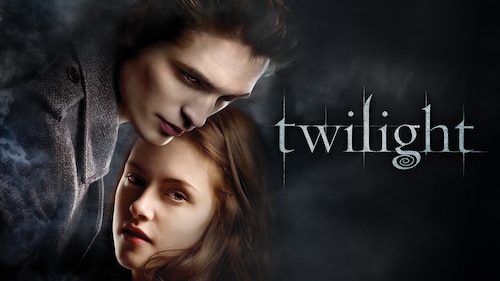
Nikki Reed’s recent expression of desire to revisit her role as Rosalie Hale, specifically to delve deeper into themes of motherhood within the Twilight universe, opens a fascinating portal into the enduring heart of a character often misunderstood. Rosalie, with her porcelain beauty and initial icy demeanor, has always been an enigma, a gilded cage of unfulfilled longing. Her defining tragedy, and ultimately her most profound transformation, lies not in her immortal existence, but in the agonizing denial of the one thing she craved above all else: a child.
From her human life, Rosalie envisioned a classic domestic tableau: a loving husband, a charming home, and the gentle patter of small feet. Her brutal transformation into a vampire, while bestowing eternal life and flawless beauty, simultaneously ripped away this cherished dream, leaving an aching void where a mother’s heart yearned to beat. This loss fueled her initial resentment and aloofness, making her a stark counterpoint to the more outwardly benevolent Cullens. Her perfect existence was, to her, a cruel joke without the warmth of a child’s touch. It is this fundamental, visceral longing that, when explored further, reveals the true depth of her character.
The Twilight universe itself, for all its supernatural elements, is profoundly centered on family and the complexities of love. Esme Cullen, the matriarch, embodies a maternal love that transcends biology, having adopted and nurtured her disparate brood of “children” with boundless empathy. Carlisle, the patriarch, offers guidance and unconditional acceptance. But it is Rosalie’s journey that most poignantly questions the very definition of motherhood in a world where biology is often subverted or rendered impossible. Her arc with Bella, initially marked by disdain and envy – Bella, who possessed the ability to choose motherhood – pivots dramatically with Renesmee. Rosalie becomes Bella’s fiercest protector during her impossible pregnancy, driven not by affection for Bella, but by a primal instinct to safeguard the nascent life within her. In Renesmee, Rosalie saw a chance, however vicarious, to nurture, to protect, to experience the profound connection she had always yearned for.
A reprisal of Rosalie’s role, as Nikki Reed suggests, could richly explore this non-traditional motherhood. How does Rosalie navigate her role as an aunt or guardian to a child who is not only a hybrid but also the focal point of a fragile peace? We see glimmers of her fierce devotion in Breaking Dawn, her eyes, once cold and distant, now softening with genuine love as she holds Renesmee. This is Rosalie finding her purpose, her motherhood manifesting not in biological terms, but in an unwavering commitment to nurture, protect, and love with a ferocity born of past deprivation.
Imagine a narrative where Rosalie helps Renesmee understand her unique abilities, teaching her not just survival but also the value of her extraordinary life. Picture moments of Rosalie reading to Renesmee, her voice, once sharp with bitterness, now a soothing lullaby. Consider her as a mentor, imparting wisdom drawn from centuries of observation, tempered by her profound understanding of what it means to be different, to be powerful, and to carry a weight of expectation. This isn’t just about Rosalie being a secondary character; it’s about her finding her central purpose within the Cullen family’s dynamics. Her motherhood would be an active, living force, a testament to the idea that maternal love isn’t confined to genetic ties or human biology, but can flourish in the barren landscape of immortality.
Nikki Reed’s desire to step back into Rosalie’s glittering skin to explore this facet is not merely an appeal to nostalgia; it is an invitation to deepen our understanding of a character whose pain and eventual, albeit unconventional, fulfillment offer a powerful commentary on what it truly means to be a mother. In a world of vampires and shapeshifters, Rosalie’s story stands as an illustrative beacon, proving that the heart’s deepest desires can find expression in the most unexpected ways, transforming personal tragedy into a profound, enduring, and fiercely protective love. Her motherhood, forged in longing and actualized through fierce devotion, is perhaps the most human, and therefore the most immortal, aspect of her magnificent vampiric existence.
